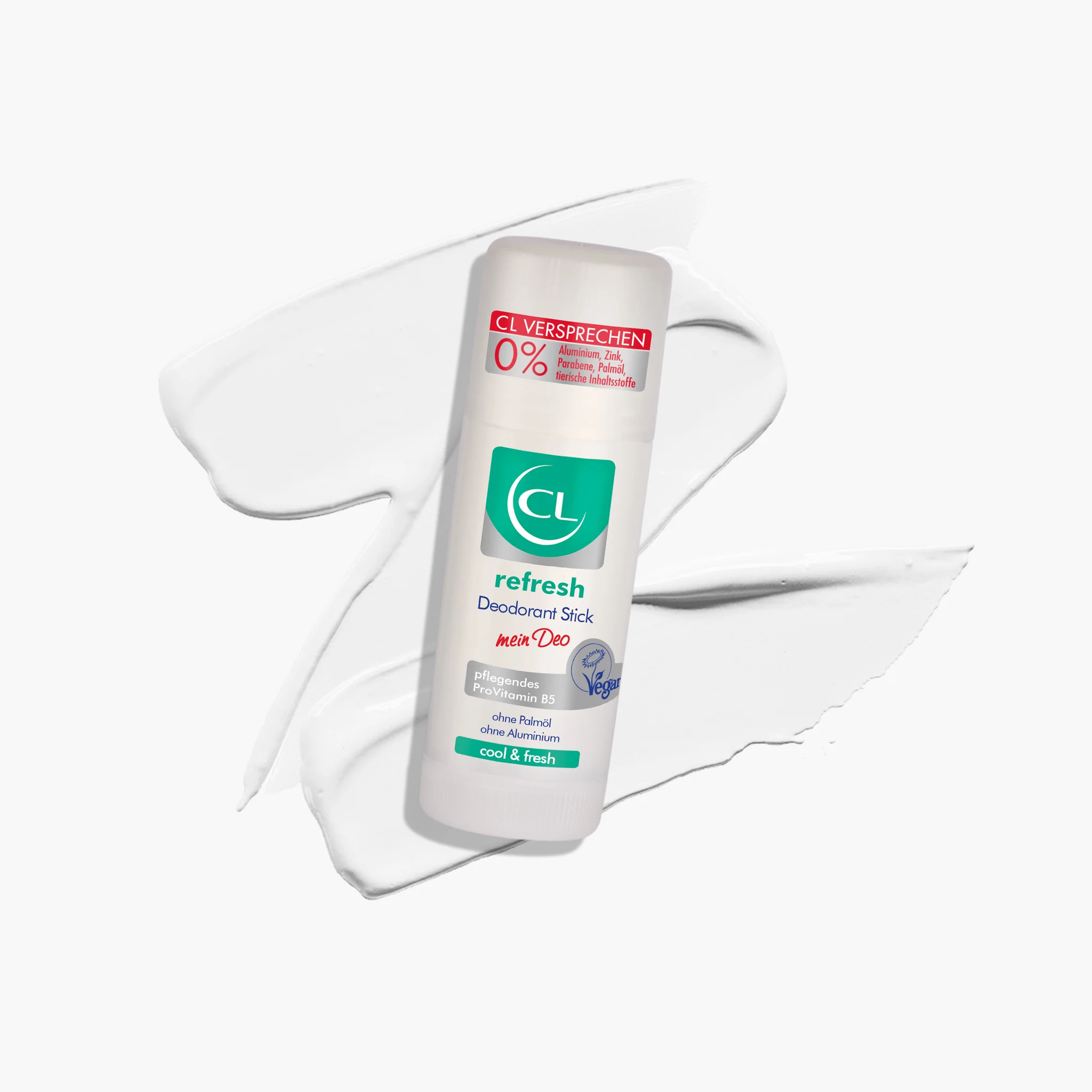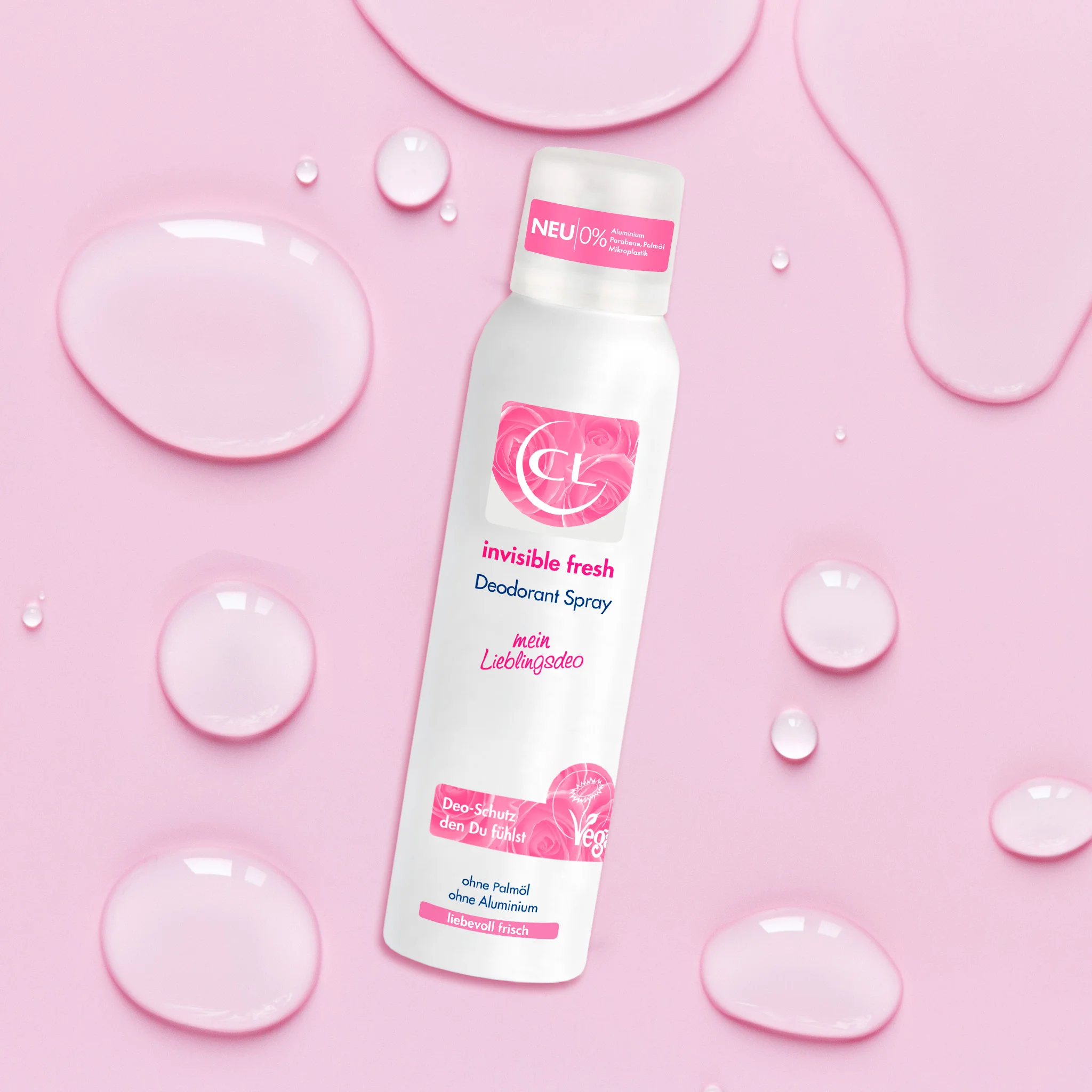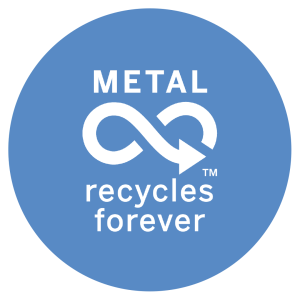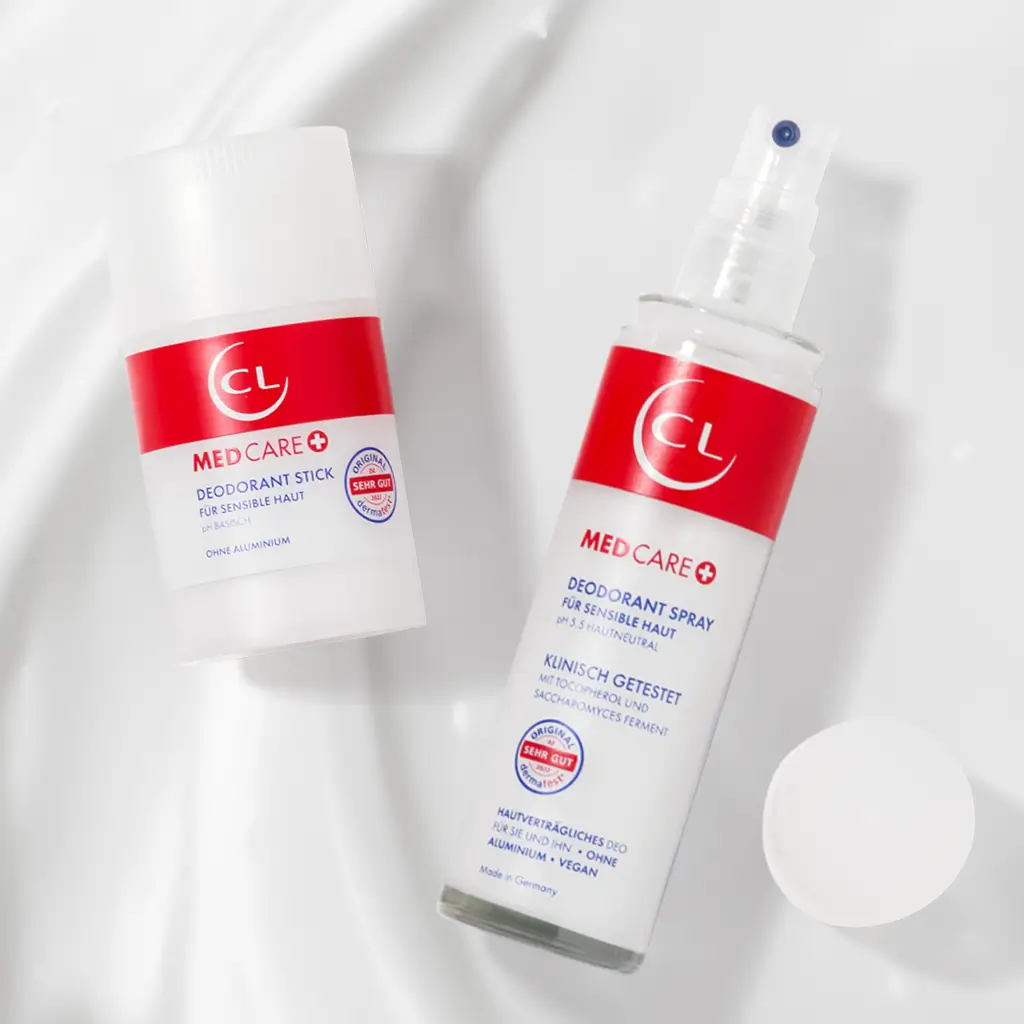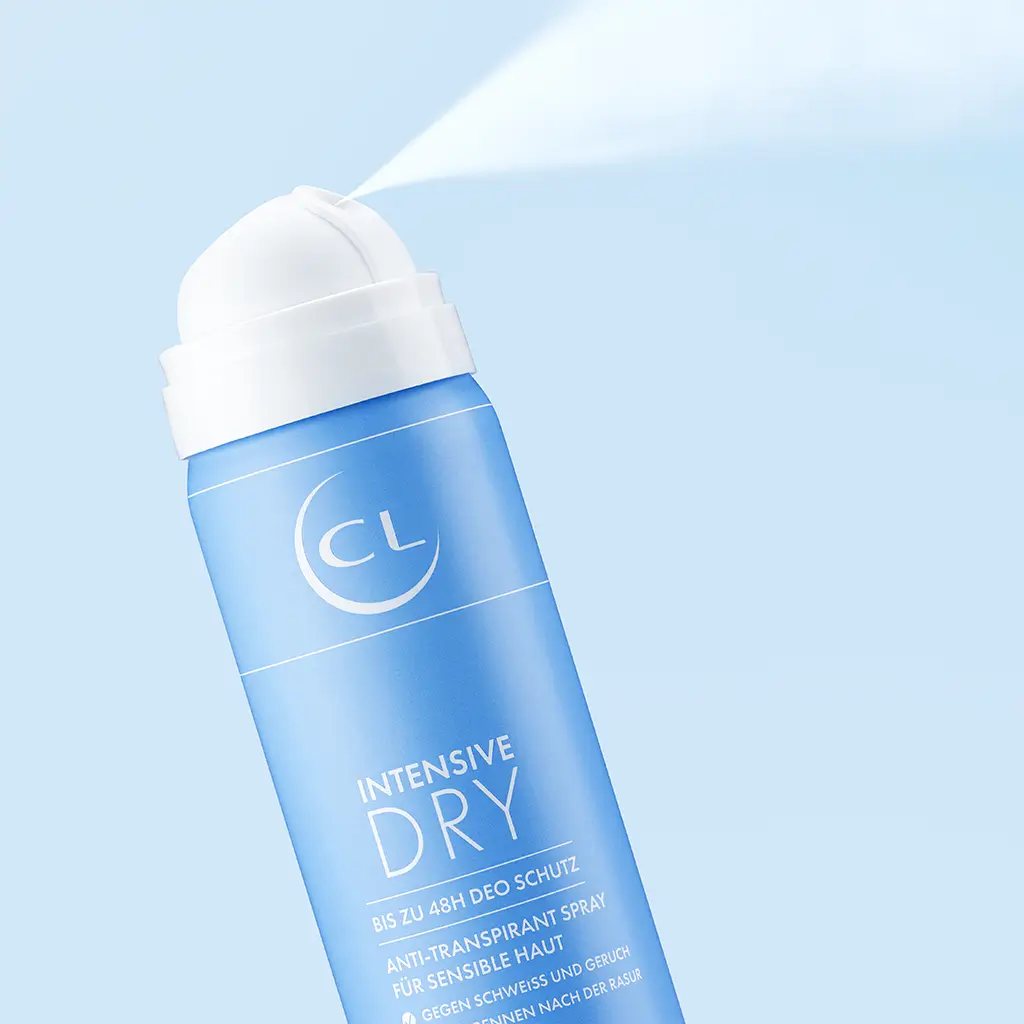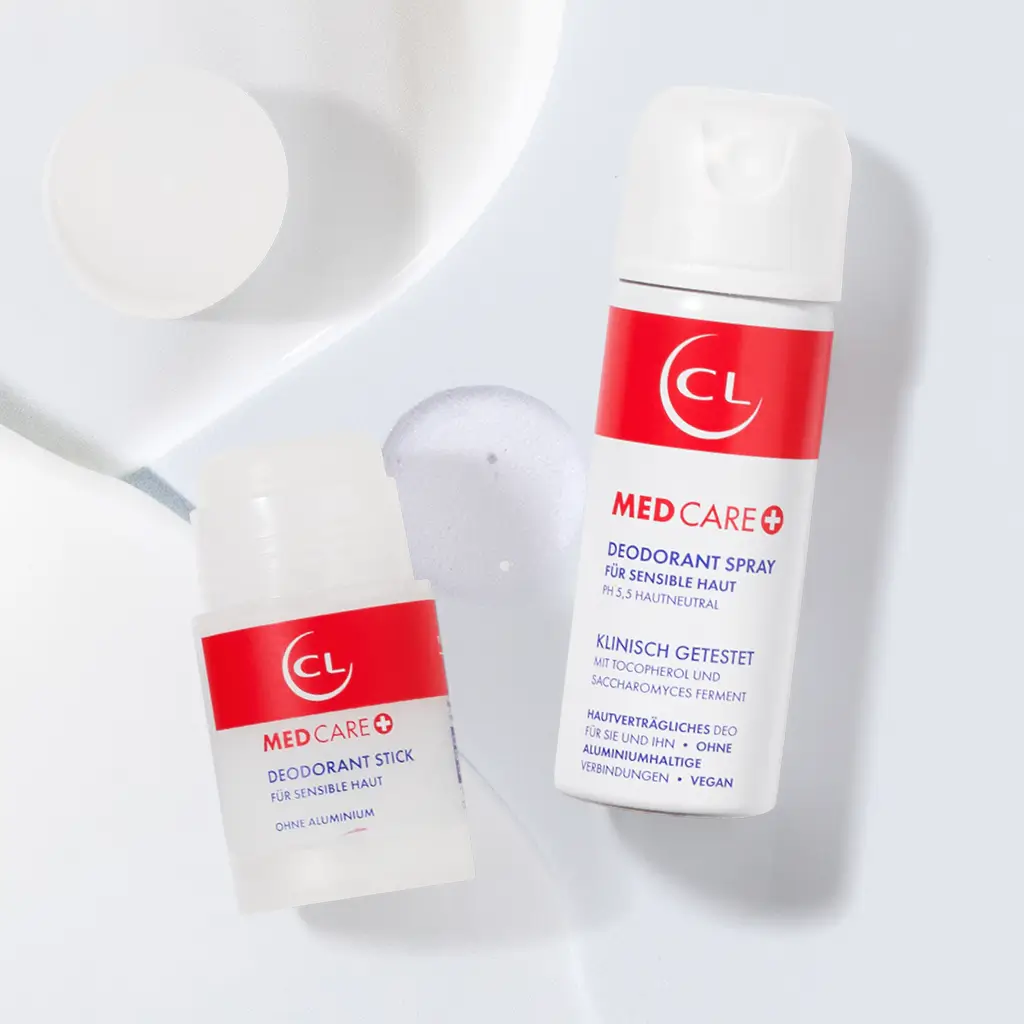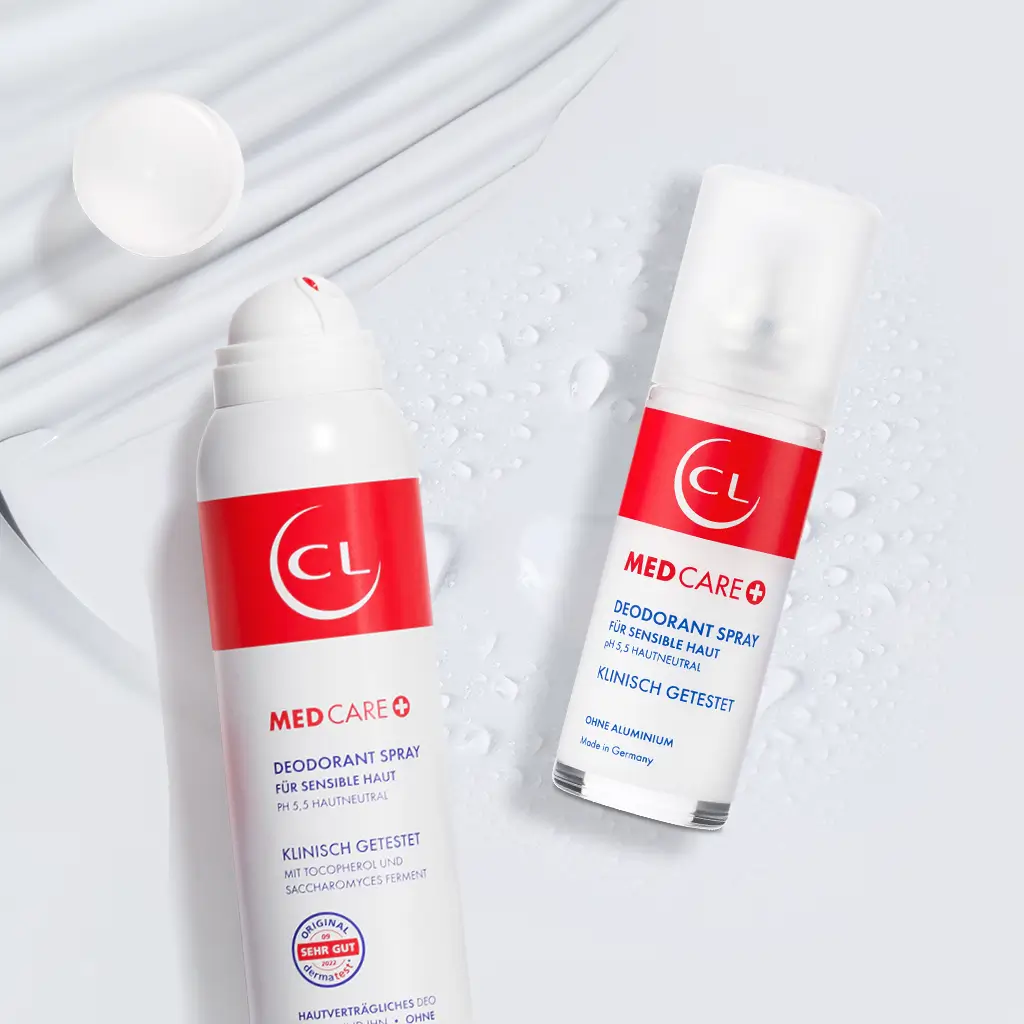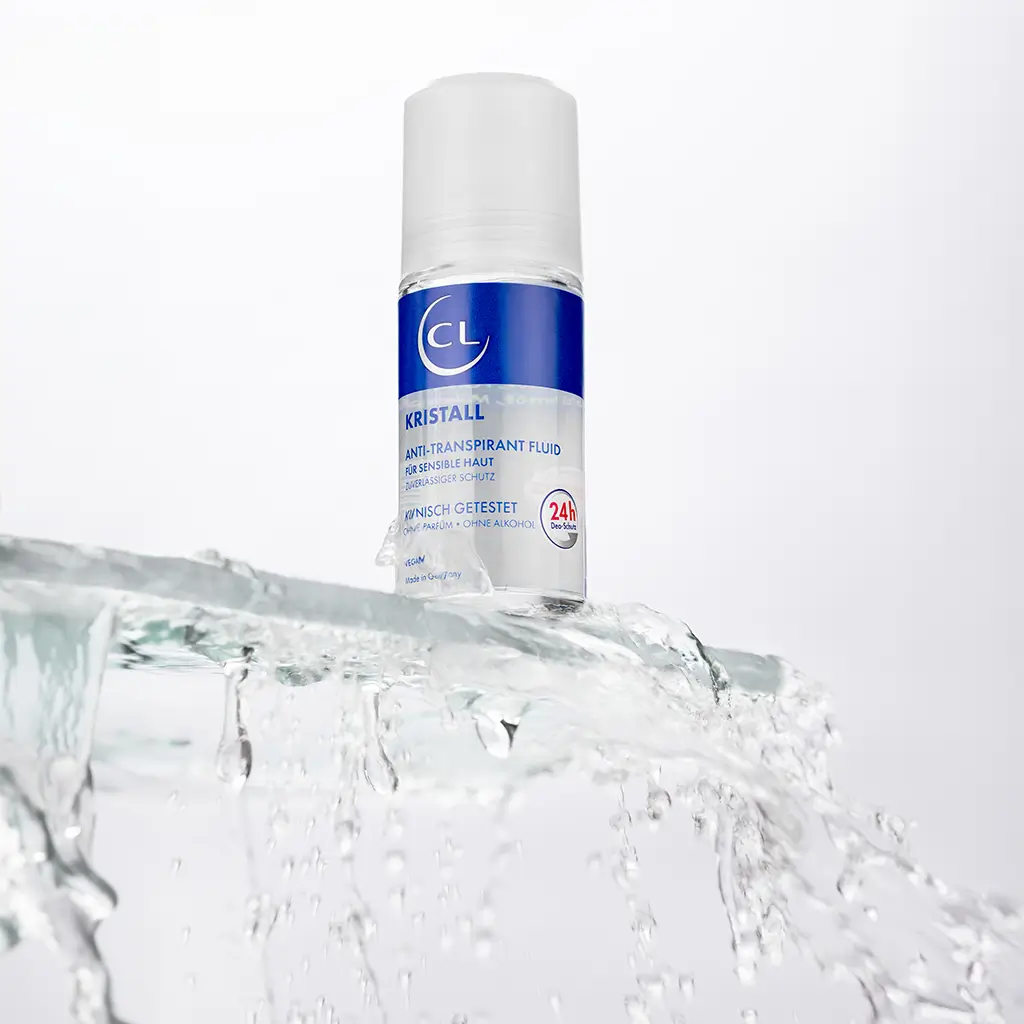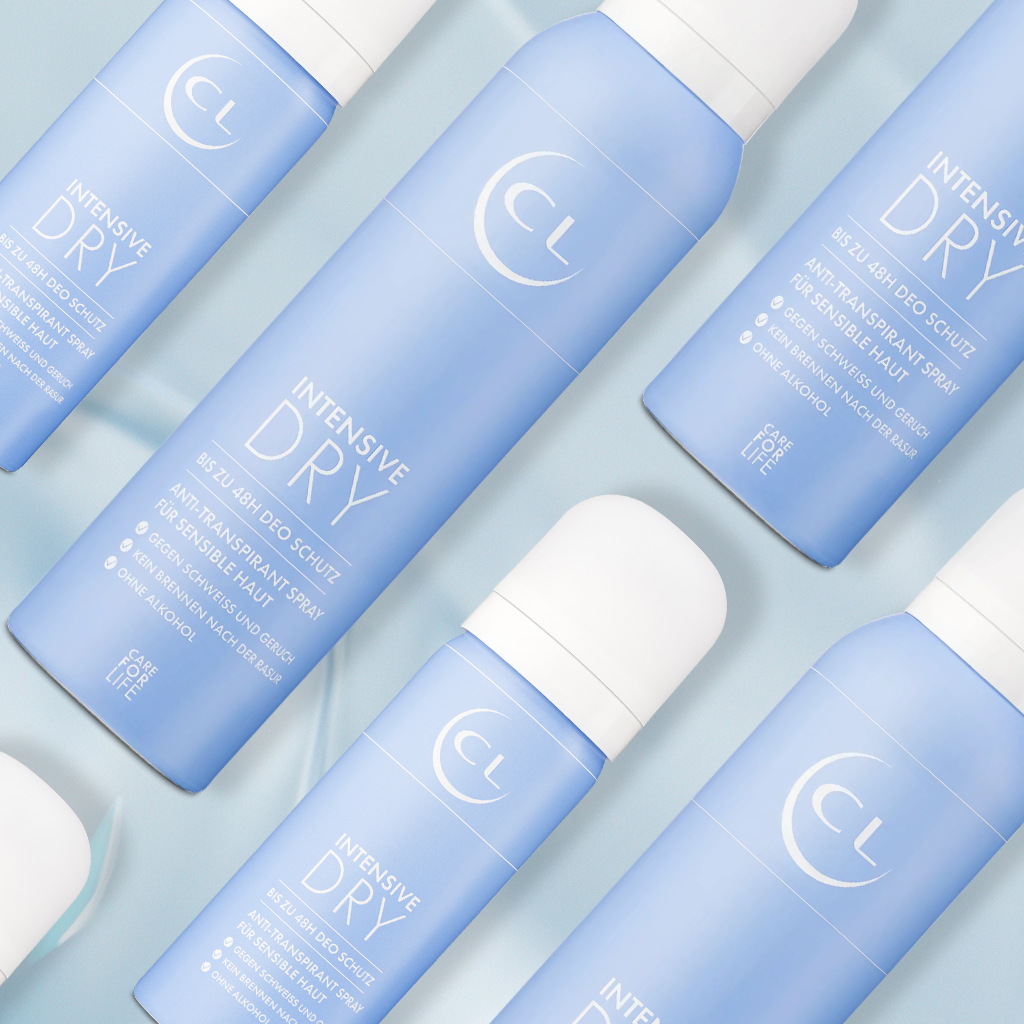WHAT IS ALUMINUM RECYCLATE?
Aluminum recyclate is recycled aluminum that is obtained from used aluminum products and reused.
In contrast to primary aluminum, which is produced from bauxite ore, aluminum recyclate comes from existing aluminum products, such as beverage cans, vehicle parts or building components.
This recycling process contributes significantly to reducing waste and conserving natural resources.
Recycled aluminum retains its original properties, which means that it is just as durable and versatile as new aluminum.
HOW DOES ALUMINUM RECYCLATE WORK?
The process of aluminum recycling begins with the collection and sorting of aluminum materials.
These materials are then cleaned to remove impurities before being heated in a smelting furnace and processed into molten aluminum.
The molten aluminum is then poured into molds or further processed into ingots, bars or plates that can be used for various industrial applications.
This process is energy efficient and reduces the need to extract new aluminum from ore.
HOW IS ALUMINUM RECYCLATE PRODUCED AND PROCESSED?
1. collection and sorting
The first step in the recycling process is the collection of aluminum products that have reached the end of their life cycle.
These products are collected from households, industrial plants and other sources.
After collection, sorting takes place, where aluminum is separated from other materials such as plastic or steel.
Modern sorting technologies, such as magnetic separators and eddy current separators, enable the metals to be separated efficiently.
2. cleaning and shredding
After sorting, the aluminum is cleaned to remove residues and impurities.
This can be done by washing, chemical treatments or mechanical processes.
The cleaned aluminum is then crushed into small pieces to facilitate the melting process.
These pieces, also known as scrap, have a larger surface area, which makes melting more efficient.
3. melting and refining
The shredded aluminum scrap is heated in a smelting furnace until it melts.
During this melting process, unwanted elements are removed and the aluminum is refined to increase its purity.
Additives can be added to achieve the desired properties of the final product.
4. casting and shaping
The molten aluminum is poured into molds to produce various products such as ingots, bars or sheets.
These intermediate products can be further processed and converted into end products such as beverage cans, vehicle parts or, in the case of CL Cosmetic, deodorant cans.
The casting process ensures that the recycled aluminum has the desired shape and material properties.
5. refinement and manufacture of end products
The cast aluminum products are further processed to meet specific requirements.
This can include rolling, extruding, cutting or surface treatments.
For deodorant cans, the aluminum is rolled into thin sheets, which are then formed into cans and coated to ensure corrosion resistance and aesthetic quality.
WHY IS ALUMINUM RECYCLATE GOOD IN THE PRODUCTION OF DEODORANT CANS AND WHY HAS CL CHOSEN TO PRODUCE ALL ITS CANS THIS WAY?
Environmental friendliness and sustainability
The use of recycled aluminum in the production of deodorant cans offers significant environmental benefits.
The recycling process requires only about 5% of the energy needed to produce primary aluminum from ore.
This leads to a drastic reduction in greenhouse gas emissions and energy consumption.
In addition, recycling reduces the amount of waste that ends up in landfills and conserves natural resources by reducing the need to mine bauxite ore.
Quality and functionality
Recycled aluminum retains its excellent material properties, including corrosion resistance, lightness and strength.
These properties are particularly important for deodorant cans, which need to be durable, lightweight and safe to use.
Aluminum cans effectively protect the contents from light, air and moisture, which increases the shelf life and effectiveness of deodorant products.
Economic advantages
The use of aluminum recyclate can also offer economic advantages.
As energy and raw material costs are lower, companies can achieve cost savings.
This allows CL Cosmetic to offer high-quality products at competitive prices while supporting sustainable practices.
Corporate ethics and brand image
CL Cosmetic is committed to sustainability and responsibility towards the environment.
The decision to produce all deodorant cans from recycled aluminum reflects these values.
It demonstrates the company’s commitment to promoting environmentally friendly practices and minimizing its ecological footprint.
This strengthens the brand image and appeals to environmentally conscious consumers who prefer sustainable products.
Contribution to the circular economy
By using recycled aluminum, CL Cosmetic supports the principles of the circular economy.
In a circular economy, materials and products are reused, repaired and recycled to minimize waste and use resources efficiently.
This practice helps to create a more sustainable economic system and ensures that valuable materials are not lost.
Promoting innovation and technological progress
The use of aluminum recyclate in the production of deodorant cans requires modern recycling technologies and advanced manufacturing processes.
CL Cosmetic invests in innovative technologies to make the recycling process more efficient and sustainable.
This not only promotes technological development within the company, but also in the industry as a whole.
By supporting innovation, CL Cosmetic can set new standards for sustainability and efficiency.
Customer loyalty and trust
Consumers are becoming increasingly environmentally conscious and attach importance to sustainability in the products they buy.
By offering deodorant cans made from recycled aluminum, CL Cosmetic is targeting these environmentally conscious customers.
Transparent communication about the benefits and environmental contribution of recycled aluminum cans strengthens customer confidence in the brand.
Customers appreciate it when companies take responsibility and offer sustainable alternatives.
Legal requirements and regulations
Many countries are introducing increasingly strict regulations and requirements with regard to environmental protection and recycling.
Companies that use recycled materials can more easily meet these legal requirements.
CL Cosmetic has taken a proactive approach by using recycled aluminum to meet future regulatory requirements and prevent potential legal challenges.
Contribution to reducing the CO2 footprint
By integrating recycled aluminum into production, CL Cosmetic can significantly reduce the carbon footprint of its products.
The production of recycled aluminum generates significantly less greenhouse gas emissions than the production of primary aluminum.
This contribution to reducing the CO2 footprint is an important step in the fight against climate change and underlines CL Cosmetic’s commitment to environmental protection.
Promoting the circular economy in the cosmetics industry
By using recycled aluminum, CL Cosmetic is setting an example for the entire cosmetics industry.
It shows that high-quality and sustainable products are possible without compromising on quality.
This can inspire other companies to adopt similar sustainable practices and work together to create a greener future.
CONCLUSION
Aluminum recyclate plays a crucial role in modern production, especially in the manufacture of deodorant cans.
It offers numerous advantages, including environmental friendliness, economic efficiency and the promotion of innovation.
CL Cosmetic has made a conscious decision to produce all its deodorant cans from recycled aluminum in order to achieve its sustainability goals and minimize its environmental footprint.
This approach not only strengthens the company’s market position, but also the trust and loyalty of its customers.
At a time when environmental awareness and sustainability are becoming increasingly important, CL Cosmetic is setting an important standard for the entire industry with its use of recycled aluminum.
Further contributions
CorporateCarbon Footprint
Lorem ipsum dolor sit amet, consectetur adipiscing elit.
Ut elit tellus, luctus nec ullamcorper mattis, pulvinar dapibus leo.
CO2
Compensation
Lorem ipsum dolor sit amet, consectetur adipiscing elit.
Ut elit tellus, luctus nec ullamcorper mattis, pulvinar dapibus leo.
Vegan &Cruelty Free
Lorem ipsum dolor sit amet, consectetur adipiscing elit.
Ut elit tellus, luctus nec ullamcorper mattis, pulvinar dapibus leo.
Aluminum
Recyclate
Lorem ipsum dolor sit amet, consectetur adipiscing elit.
Ut elit tellus, luctus nec ullamcorper mattis, pulvinar dapibus leo.

